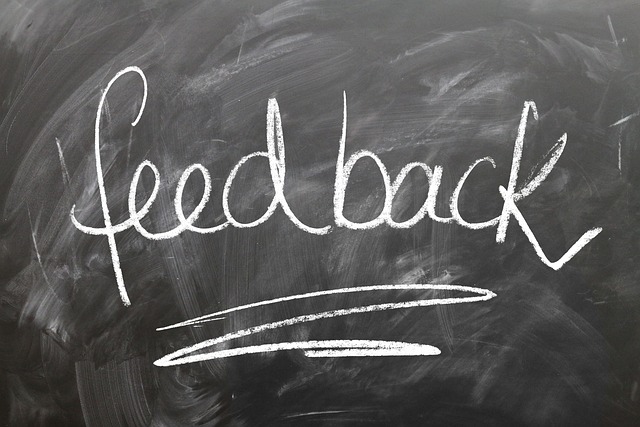
Navigating Emotional Feedback in Conflict: Relationship Advice
Conflict is an inevitable part of any relationship. Whether it’s a disagreement over finances, household chores, or personal values, navigating these turbulent waters can often lead to heightened emotions and misunderstandings. The topic of emotional feedback emerges as a crucial element in handling conflicts effectively. Understanding and responding to emotional feedback is key to fostering healthier interactions and resolving disputes.
When we engage in a conflict, our feelings can run high. Often, individuals may feel unheard or invalidated, leading to escalating tensions. In these moments, it is vital to recognize the importance of emotional feedback. This refers to the emotional signals we receive from our partners, which can range from non-verbal cues to vocal tones. Being attuned to these signals can help you gauge the emotional state of your partner, allowing for more empathetic responses.
One effective strategy in utilizing emotional feedback is active listening. This involves paying close attention to what your partner is saying and how they are saying it. Rather than simply waiting for your turn to speak, engage genuinely with your partner’s feelings. Acknowledge their emotions by repeating back what you hear. This not only shows that you are listening but also that you validate their feelings, which can significantly diffuse tension.
For instance, if your partner expresses frustration, instead of jumping to defend your position, try responding with, “I hear that you’re feeling frustrated, and I want to understand why.” This shift in approach can transform a potentially explosive situation into a more constructive dialogue.
Another crucial aspect of emotional feedback is the timing and environment in which discussions occur. Choose a setting that is conducive to open dialogue, free from distractions and interruptions. Moreover, avoid bringing up significant issues during moments of high stress or when emotions are already heightened. Instead, look for calmer moments to address your concerns, as this helps open a door for emotional feedback exchange rather than a battleground.
Additionally, it’s essential to be aware of your own emotional feedback during conflicts. Our emotions can cloud judgment and lead to reactive behaviors that may exacerbate the issue. Take a moment to pause, breathe, and reflect on how you are feeling. This self-awareness can help you communicate your emotions more effectively and prevent misunderstandings.
Moreover, encourage your partner to express their emotional feedback openly. Create a safe space where both of you can share feelings without the fear of judgment. Use “I” statements to communicate your perspective, such as “I feel hurt when…” Instead of placing blame, you’re sharing your feelings, which fosters a more understanding atmosphere.
It’s common for emotions to be misinterpreted in the heat of the moment. A tone that might seem defensive to one partner may feel like assertiveness to another. Clarifying intentions behind emotional feedback can be helpful. Ask questions like, “What did you mean when you said…?” to clear up potential confusion. This practice not only promotes better understanding but also cultivates trust by showing that you care about your partner’s perspective.
Furthermore, consider implementing regular check-ins about emotions outside of conflict situations. This preventive strategy allows both partners to share emotional feedback in a non-confrontational context, helping to build emotional intelligence and understanding within the relationship.
Engaging with emotional feedback is a powerful tool for managing conflict within relationships. As you learn to recognize and appreciate the emotional cues that signal needs, frustrations, and desires, your interactions will transform. Remember, the goal isn’t to win the argument but to deepen your connection and understanding of one another.


